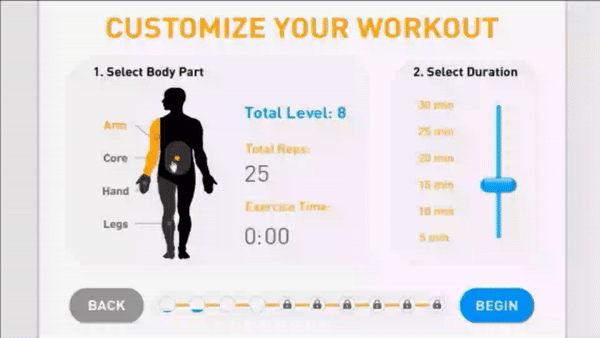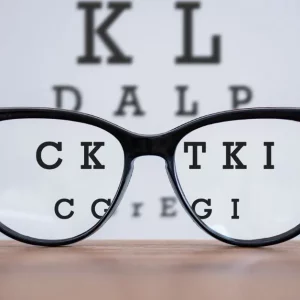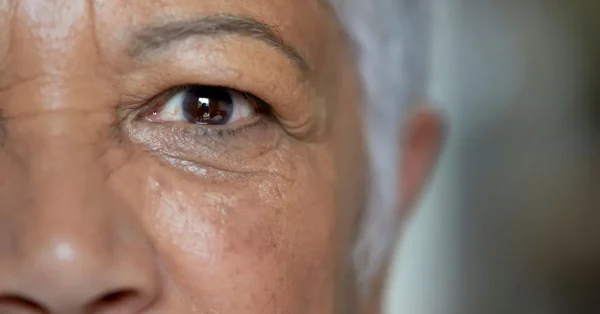Following a concussion or mild traumatic brain injury, individuals may experience muscle weakness. Fortunately, the effects of most concussions are temporary and resolve on their own. However, it is also possible for the effects of a concussion to last longer, which may require more active rehabilitation.
To help you understand muscle weakness after a concussion, this article will discuss:
Why Does Muscle Weakness Occur After Concussion?
Generally, muscle weakness occurs after a concussion when the areas of the brain responsible for voluntary motor control become damaged. Individuals who experience muscle weakness after a concussion generally find that it only affects one side of the body. This is because the brain consists of two hemispheres and damage to one side of the brain affects motor control on the opposite side of the body.
However, muscle weakness after a concussion can also occur for a variety of other reasons.
For example, when the parts of the brain responsible for cognitive functions like motor planning, reaction timing, information processing, and memory are damaged, it can affect an individual’s ability to make appropriate movements.
For this reason, individuals who get a concussion from a sports-related accident must make sure they are fully healed before playing again. After a concussion, the brain may not be able to fully process high-speed stimulation during a game. This increases the risk of further injury if individuals play before they are fully healed.
Additionally, many concussions co-occur with whiplash, which can also lead to muscle weakness. Whiplash describes when a blow to the body (such as a tackle in a football game or a rear-end car accident) forcibly jerks the head back and forth, affecting the muscles, discs, and nerves in the neck. Part of the spinal cord is located in the neck, and damage to it can cause muscle weakness throughout the entire body.
If muscle weakness occurs after a concussion, it is essential to get proper testing to ensure that it is not caused by permanent nerve damage. Physical examination following a concussion generally includes a speech fluency test, cranial nerve examination, and gait assessment. In the following section, we’ll discuss the signs of muscle weakness after a concussion.
Physical Effects of a Concussion

After a concussion, individuals may experience a variety of physical symptoms at varying severities. This can affect their ability to interact with their surroundings and independently perform everyday activities such as bathing, cooking, driving, and working.
Muscle weakness following concussion may also be mistaken for some of the more commonly reported symptoms of a concussion such as balance difficulties or increased fatigue. These effects may cause individuals to tire more easily and affect their ability to walk independently.
Physical symptoms of a concussion include:
- Headache
- Dizziness/ balance problems
- Nausea
- Vomiting
- Muscle ache
- Muscle weakness
- Sensitivity to light/noise
- Numbness/tingling
- Blurred vision
- Tinnitus (ringing of the ears)
- Poor coordination/ unsteady gait
- Slurred speech
In the majority of concussion cases, symptoms resolve within 7-10 days. However, 10-20% of individuals report prolonged concussion symptoms. When symptoms of a concussion last for weeks or months, an individual is typically diagnosed with post-concussion syndrome.
In the following section, we’ll address how to promote motor recovery after a concussion.
How to Treat Muscle Weakness After Concussion
Typically, the effects of a concussion are temporary. However, if individuals continue to experience muscle weakness weeks to months after their concussion, they should work with a physical therapist to develop their strength and motor control.
Physical therapy focuses on helping individuals improve their mobility through targeted exercise. A physical therapist will assess your functional abilities and create a personalized exercise regimen to help you maximize your rehabilitation goals. They will also often encourage your participation in a home exercise program, so that you can continue practicing your therapy exercises even outside of therapy sessions.
Physical therapy is effective because it utilizes the brain’s ability to reorganize its neural circuitry, neuroplasticity. The brain is constantly adapting based on the behaviors you repetitively perform. Therefore, by consistently practicing exercises that target areas of the body weakened by brain injury, you can promote neuroplasticity and improve motor control.

A fun and engaging way to stay motivated to practice the exercises necessary to promote neuroplasticity is to use FitMi. FitMi is a home rehabilitation program that encourages users to perform massed practice of therapeutic rehab exercises. It includes 40 exercises for the hands, arms, core, and legs, which makes it ideal for individuals with muscle weakness anywhere in their body. The more you practice, the more natural the movements become.
Another way to promote recovery after a concussion is to focus on taking care of your overall health. Take ample time to rest, participate in light physical activity, stay hydrated, and eat a healthy, nutrient-dense diet to ensure that your brain and body are in optimal shape to pursue recovery.
Muscle Weakness After Concussion: Key Points
Although other physical effects such as balance difficulties, headaches, and vision problems are more common after a concussion, it is also possible for individuals to experience muscle weakness. Often, this may be a sign of more serious damage to the brain and require more active rehabilitation.
Fortunately, the brain is extremely adaptive and can be trained to recover and improve functions affected by damage. We hope this article helped you understand why muscle weakness occurs after a concussion and how to treat it.
image credits: iStock.com/dusanpetkovic/Vadym Pastukh










